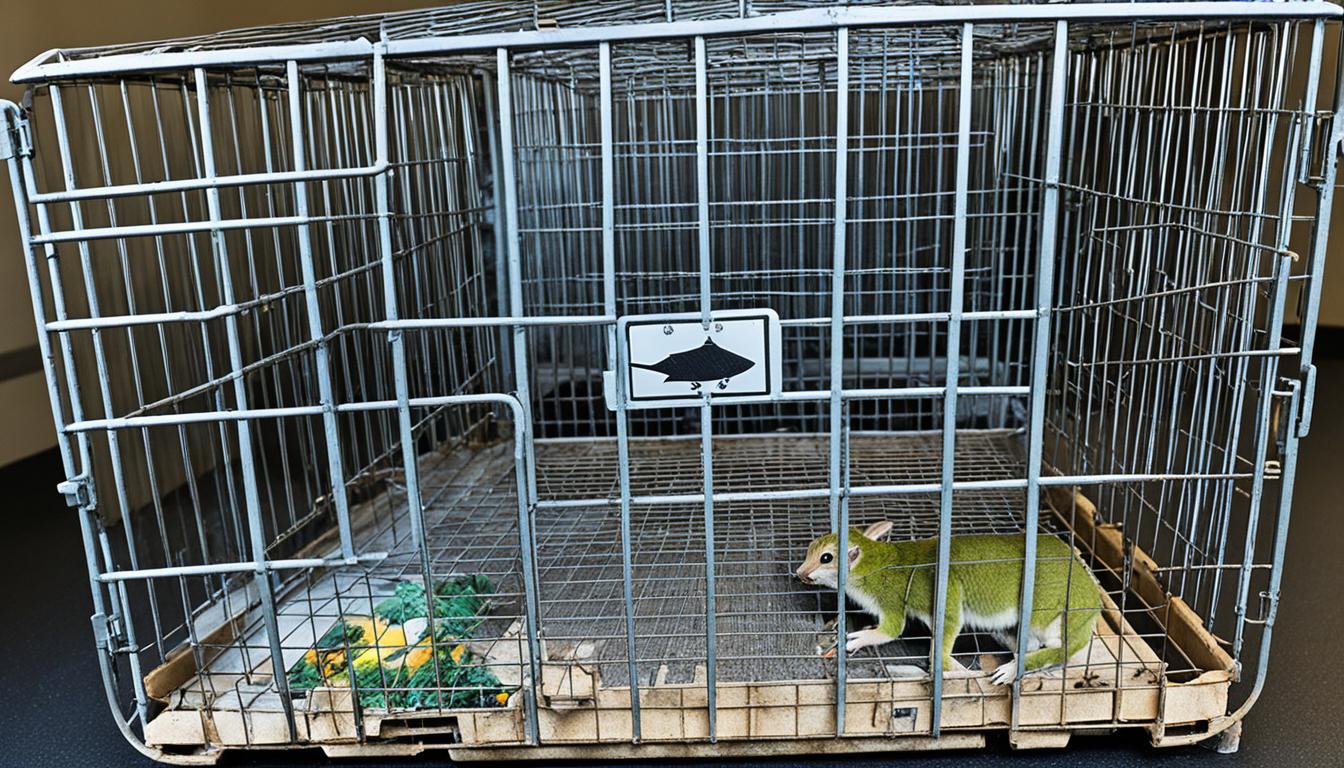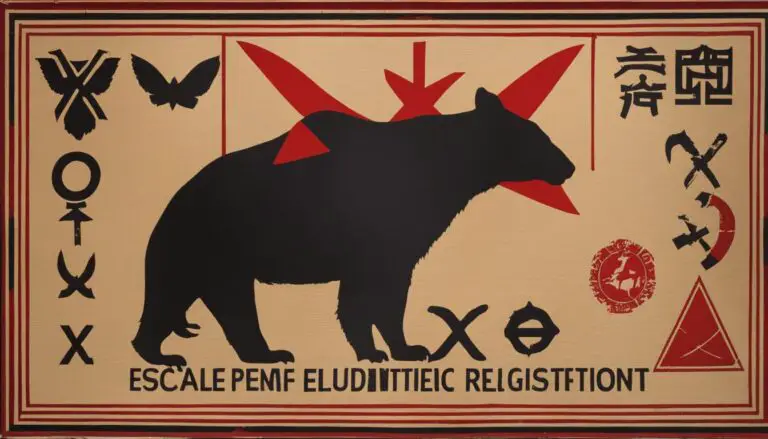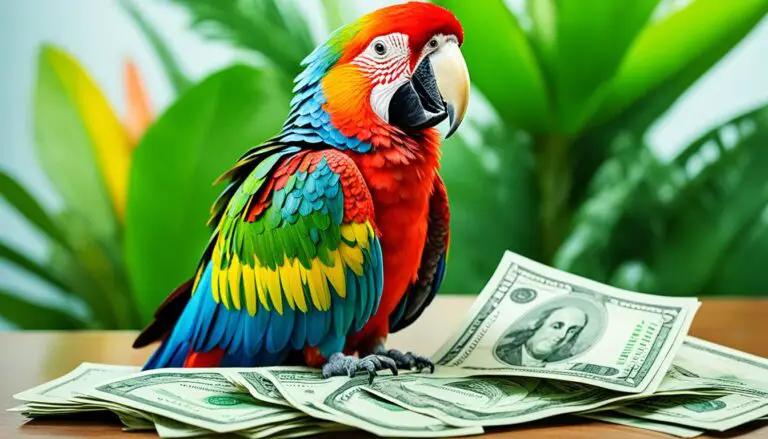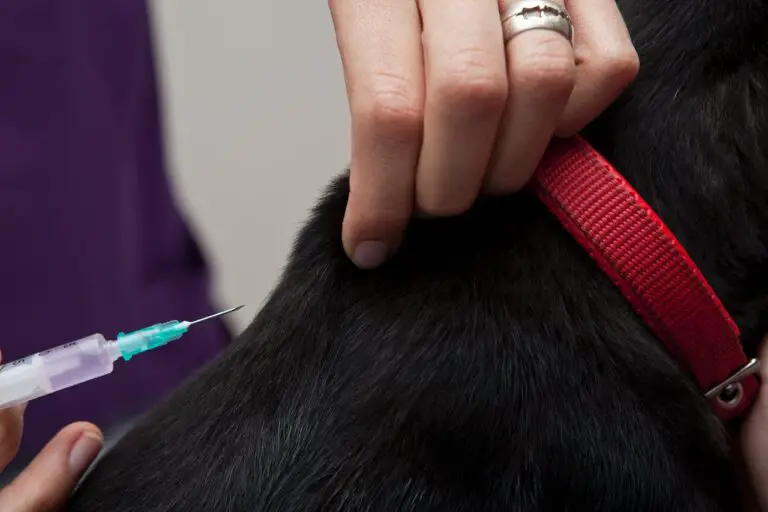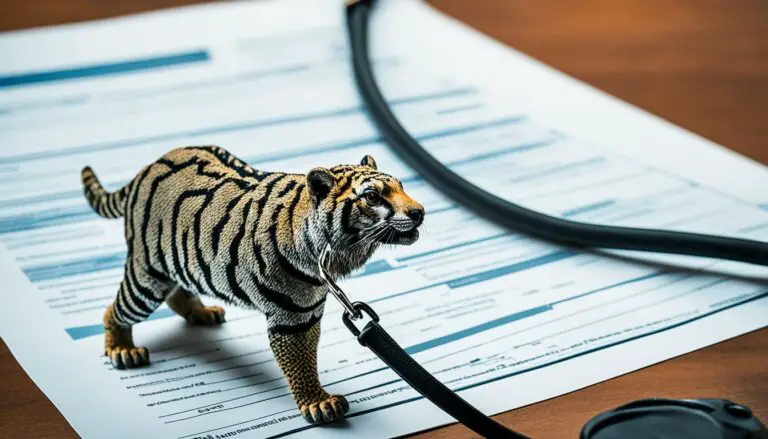Understanding Exotic Pet Quarantine Laws in the US
Importing exotic pets can be an exciting venture, but it’s important to be aware of the quarantine laws and regulations that apply. The United States has specific guidelines in place to ensure the health and safety of both the pets and the general public.
When bringing pets or wildlife into the US, there are several factors to consider. State and municipality veterinary health regulations, federal quarantine requirements, agriculture and wildlife regulations, and customs requirements all come into play. These regulations are in place to prevent the spread of disease and protect animal welfare.
If you’re planning to bring your exotic pet into the US or travel internationally with your pet, it’s crucial to stay informed about the most up-to-date import regulations and requirements. The US Customs and Border Protection (CBP) works with partner government agencies to enforce these regulations and ensure compliance.
Key Takeaways:
- Exotic pet importation is subject to state/municipality veterinary health regulations, federal quarantine, agriculture, wildlife, and customs requirements and/or prohibitions.
- Visit the CBP and PGA websites for the most current information on specific import regulations and requirements for different species of exotic pets.
- Ensure you have the necessary permits and documentation when importing dogs into the US, including vaccination records, health certificate, and import permit.
- Quarantine regulations for dogs vary depending on the state and country of origin.
- Cats generally have fewer requirements for importation, but it’s still crucial to have the correct documentation, including a health certificate and vaccination records.
Quarantine Procedures for Dogs Entering the US
When importing dogs into the USA, it is crucial to have the necessary permits and documentation in place to ensure a smooth entry process. The key documents required for dogs include a health certificate issued by a licensed veterinarian, up-to-date vaccination records (particularly for rabies), microchip details (in some states), import permit (depending on the breed and country of origin), and documentation of tapeworm and tick treatment.
Quarantine regulations for dogs entering the US can vary depending on the state and country of origin. Some dogs may be subject to mandatory quarantine, while others may require proof of a valid rabies vaccination. It is important to check the specific requirements of the destination state and consult with relevant authorities or a pet travel agency to ensure compliance with all regulations.

| Required Documents | Quarantine Regulations |
|---|---|
| Health certificate issued by a licensed veterinarian | Varies depending on the state and country of origin |
| Up-to-date vaccination records (particularly for rabies) | Some dogs may be subject to mandatory quarantine |
| Microchip details (in some states) | Others may require proof of a valid rabies vaccination |
| Import permit (depending on the breed and country of origin) | |
| Documentation of tapeworm and tick treatment |
Quarantine Procedures for Cats Entering the US
Importing cats into the USA generally involves less stringent requirements compared to dogs, but it is still essential to have the correct documentation. For cats, the key documents include a health certificate from a licensed veterinarian, vaccination records (some states may require rabies vaccination), microchip details (in some states), import permit (for high-risk countries for rabies), and documentation of tapeworm and tick treatment.
Most cats do not require quarantine upon arrival, but exceptions may apply depending on the destination state and specific requirements. It is important to check the regulations of the state you are traveling to and consult with relevant authorities or a pet travel agency for guidance.
Important Considerations for Cat Import Requirements:
- Ensure your cat has a health certificate issued by a licensed veterinarian.
- Verify the vaccination records required for the destination state, including any specific requirements for rabies vaccination.
- Check the microchip requirements of the destination state, which may be mandatory in some cases.
- Determine if an import permit is necessary, especially for cats coming from high-risk countries for rabies.
- Arrange for the necessary documentation of tapeworm and tick treatment.
“It is essential to have all the required documentation in order to ensure a smooth entry process for your cat. Checking and complying with the regulations of the destination state is crucial to avoid any complications.”
By following the correct procedures and obtaining the necessary documentation, you can ensure your cat’s smooth entry into the United States without the need for quarantine. Check the specific requirements of the state you are traveling to and consult with relevant authorities or a pet travel agency for any additional guidance.

Cat Import Requirements
| Document | Requirement |
|---|---|
| Health Certificate | Issued by a licensed veterinarian |
| Vaccination Records | Rabies vaccination may be required depending on the state |
| Microchip Details | May be mandatory in some states |
| Import Permit | For cats originating from high-risk countries for rabies |
| Tapeworm and Tick Treatment Documentation | Verify the need for treatment records |
Quarantine Procedures for Birds Entering the US
Importing birds to the USA involves strict regulations to prevent the introduction of exotic diseases. To ensure the safe importation of birds, the following requirements must be met:
- An import permit from the USDA
- A health certificate from a licensed veterinarian confirming the bird is disease-free
- A CITES permit for protected bird species
- A quarantine reservation confirmation
- Identification through microchipping or leg bands
Once the necessary paperwork is in order, birds are subject to a minimum 30-day quarantine at a USDA Animal Import Center. During this period, rigorous testing is conducted to detect avian influenza and exotic Newcastle disease, both of which pose a significant threat to bird populations. These tests ensure that the imported birds are free from these highly contagious and potentially devastating diseases.
It is important to note that additional state requirements may also apply depending on the destination of the imported birds. Each state has its specific rules and regulations regarding bird importation, and it is crucial to familiarize yourself with these requirements before initiating the import process.
Consulting with experts in pet travel and quarantine regulations can greatly assist in navigating the complexities of bird importation. Their knowledge and experience will ensure that you remain compliant with all necessary regulations and requirements, making the process as smooth and hassle-free as possible.
Avian Influenza Testing
Birds are subject to rigorous avian influenza testing during the quarantine period. This testing helps prevent the spread of the highly contagious avian influenza virus and protects both the imported birds and the existing bird population in the United States.
| Quarantine Procedures for Birds Entering the US | Requirements |
|---|---|
| Import Permit | From the USDA |
| Health Certificate | From a licensed veterinarian confirming the bird is disease-free |
| CITES Permit | For protected bird species |
| Quarantine Reservation Confirmation | Required |
| Identification | Microchipping or leg bands |
Image: A beautiful bird illustrating the importance of complying with bird import requirements.
Conclusion
Importing exotic pets into the United States can be a complex undertaking that requires careful adherence to a range of regulations from various agencies. These regulations are in place to ensure the health and safety of both the animals and the general public. To successfully navigate the process, pet owners must obtain the necessary permits, including an import permit, health certificate, and possibly a CITES permit or special permit from the CDC, depending on the species. It is also crucial to comply with all quarantine requirements, which can vary depending on the species and country of origin.
Minimizing or avoiding quarantine can be achieved by taking certain steps. These include ensuring that the pets undergo pre-travel health checks, following all specified regulations, considering any international agreements between countries, choosing direct flights whenever possible, consulting with veterinarians knowledgeable in the field, microchipping pets, and planning in advance for a smooth and legal process.
To ensure compliance and minimize complications, it is strongly recommended that pet owners consult with experts in pet travel and quarantine regulations. These professionals can provide valuable guidance and assistance in navigating the complexities associated with importing exotic pets, helping pet owners fulfill their desire to own these unique and fascinating animals while adhering to all legal restrictions and guidelines.
FAQ
What are the quarantine procedures for dogs entering the US?
Dogs entering the US must have a health certificate issued by a licensed veterinarian, up-to-date vaccination records (including rabies), microchip details (in some states), an import permit (depending on the breed and country of origin), and documentation of tapeworm and tick treatment. Quarantine regulations for dogs vary by state and country of origin.
What are the quarantine procedures for cats entering the US?
Cats entering the US require a health certificate from a licensed veterinarian, vaccination records (some states may require rabies vaccination), microchip details (in some states), an import permit (for high-risk countries for rabies), and documentation of tapeworm and tick treatment. Most cats do not require quarantine, but exceptions may apply depending on the destination state.
What are the quarantine procedures for birds entering the US?
Birds entering the US must have an import permit from the USDA, a health certificate from a licensed veterinarian confirming the bird is disease-free, a CITES permit for protected bird species, a quarantine reservation confirmation, and identification through microchipping or leg bands. Birds undergo a minimum 30-day quarantine at a USDA Animal Import Center for testing of avian influenza and exotic Newcastle disease.
What are the quarantine procedures for importing exotic pets into the US?
Importing exotic pets into the US involves compliance with various regulations, including an import permit, a health certificate, a CITES permit (if applicable), and sometimes a special permit from the CDC. Quarantine requirements for exotic pets vary depending on the species and country of origin. To minimize quarantine, pet owners should ensure pre-travel health checks, comply with regulations, consider direct flights, consult veterinarians, microchip pets, and plan in advance.
Source Links
- https://www.cbp.gov/border-security/protecting-agriculture/bringing-pets-and-wildlife-united-states
- https://www.petport.co.za/resources/pet-quarantine-documentation-usa/
- https://www.federalregister.gov/documents/2006/05/24/06-4811/standards-for-privately-owned-quarantine-facilities-for-ruminants
Peter Stones is the founder of Exotic Pets Place, the leading online resource for exotic pet care information.
With over 10 years of hands-on exotic pet ownership experience, he is deeply passionate about sharing his expertise to help others properly care for their unusual pets.
When he's not writing extensively researched articles or connecting with fellow exotic pet enthusiasts worldwide, you can find Peter at home tending to his own beloved menagerie of exotic animals.

